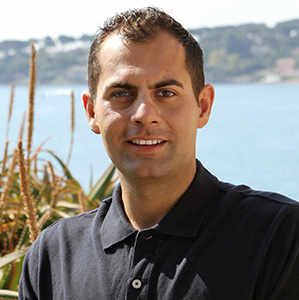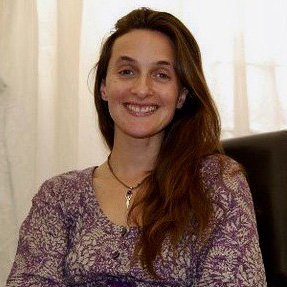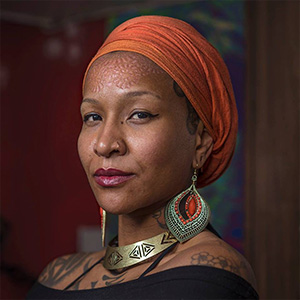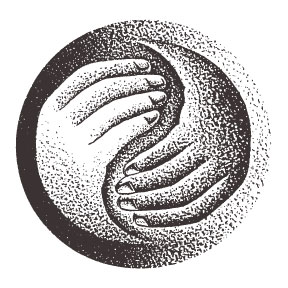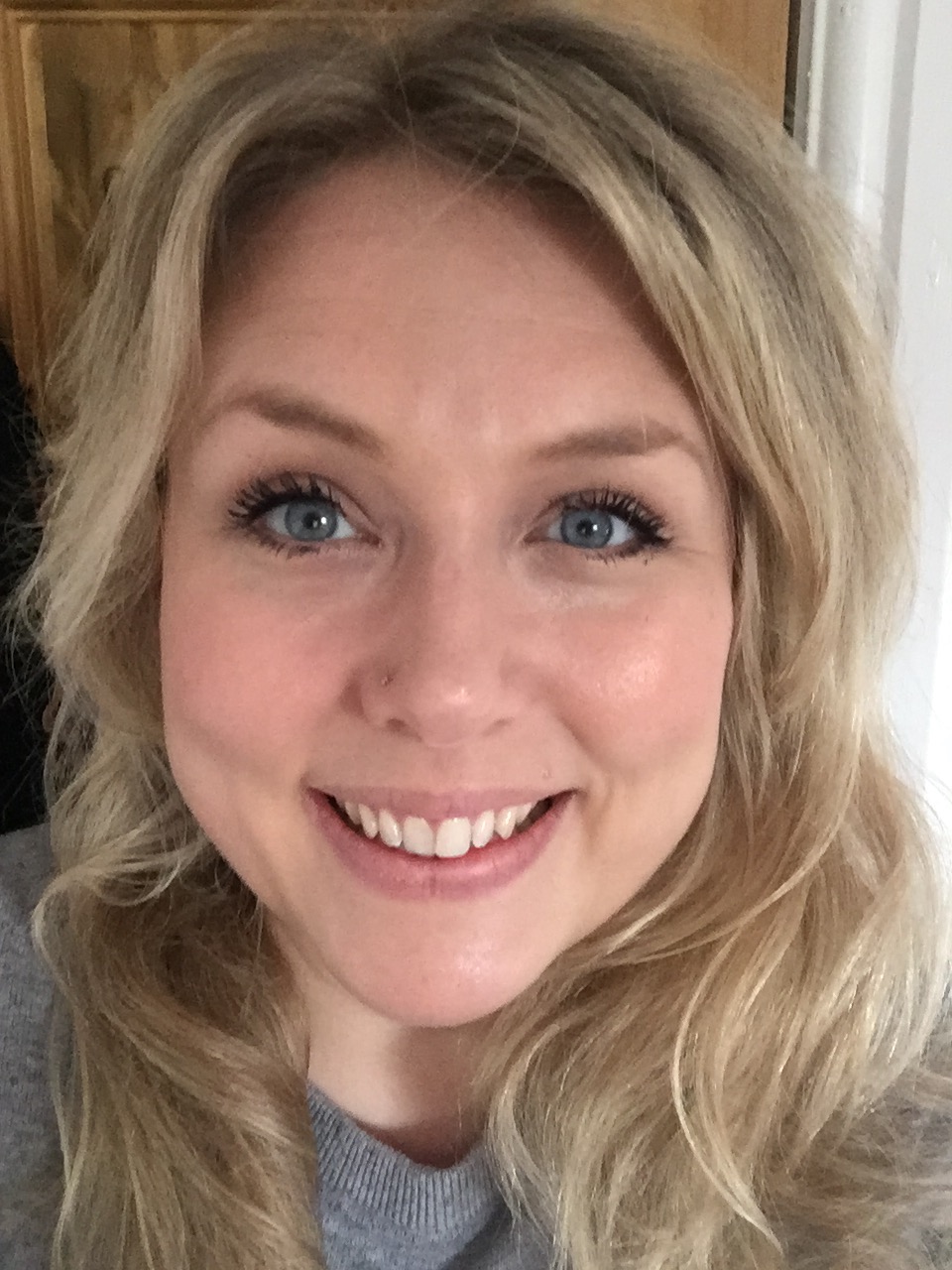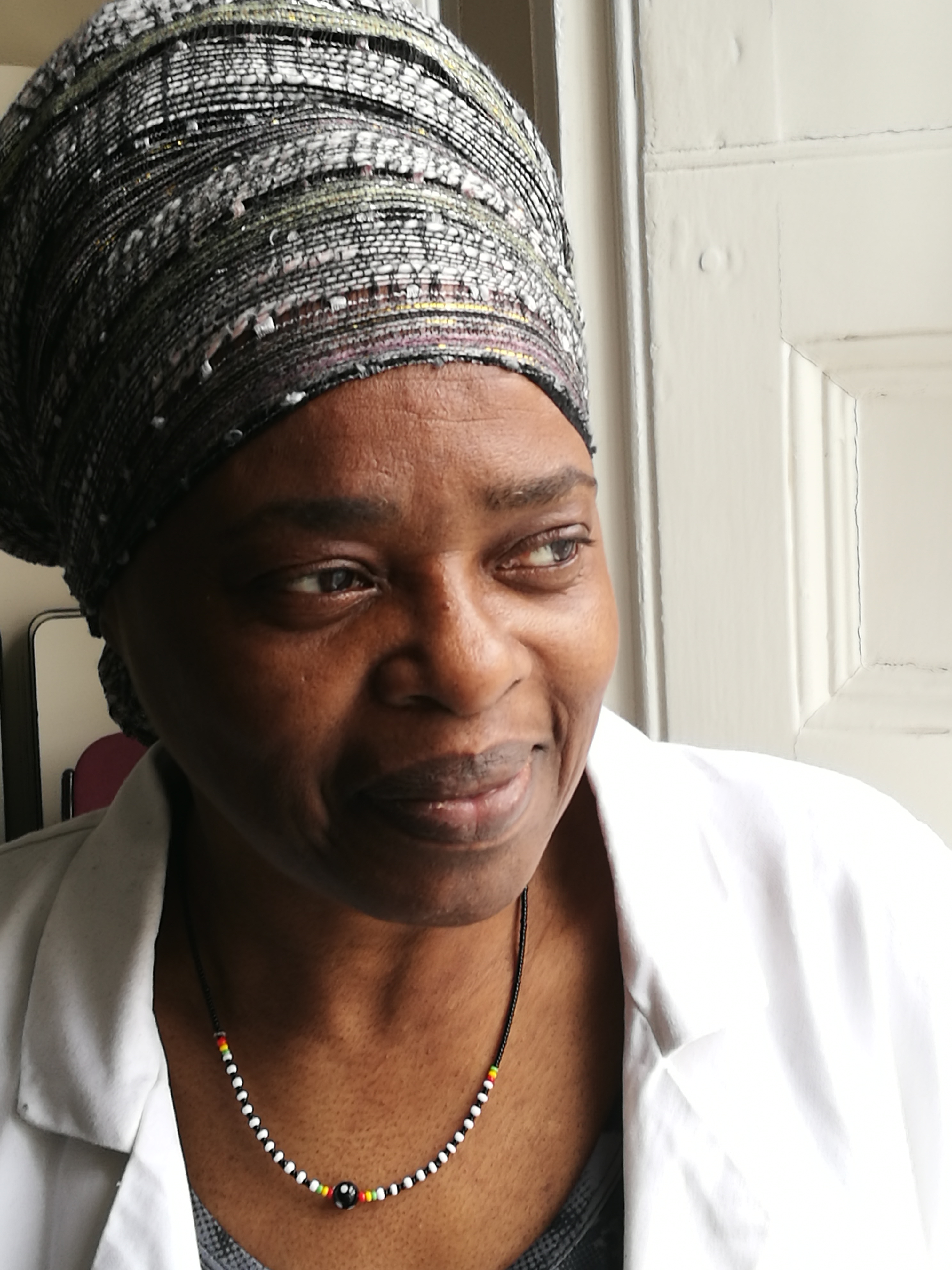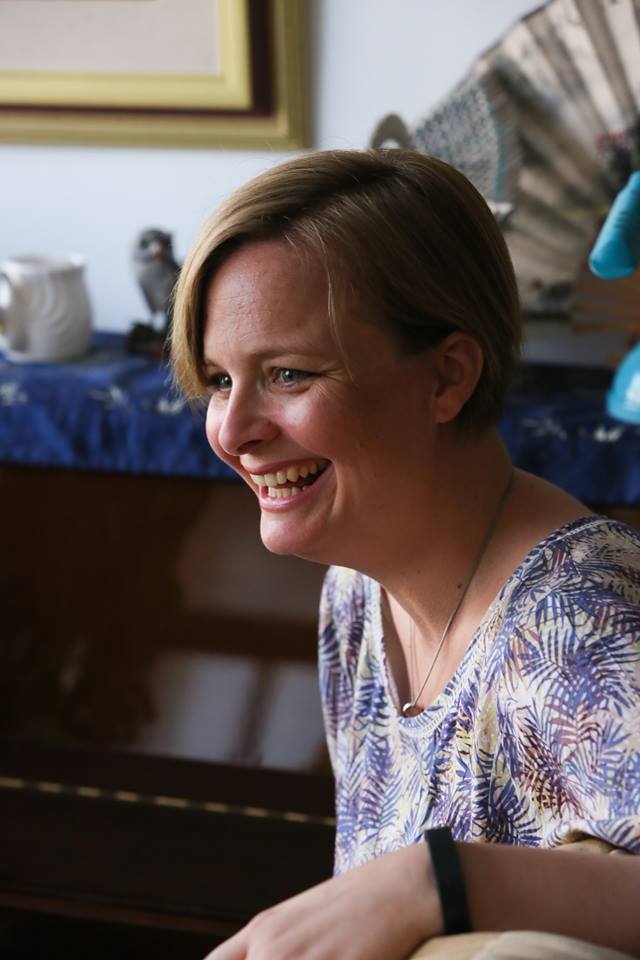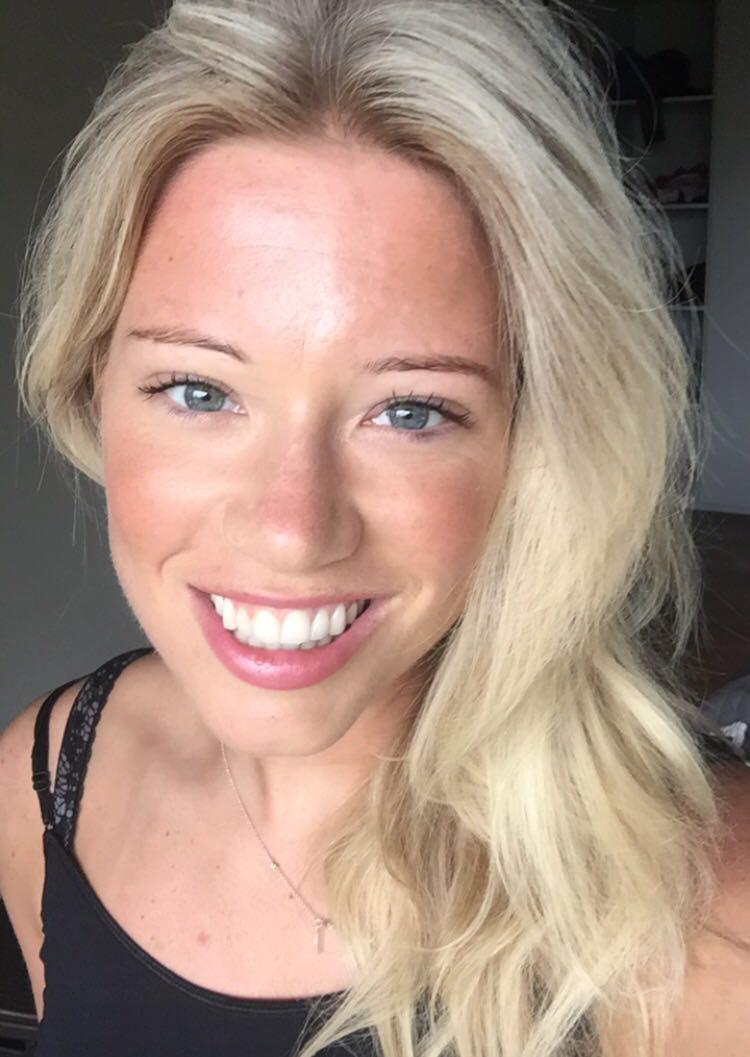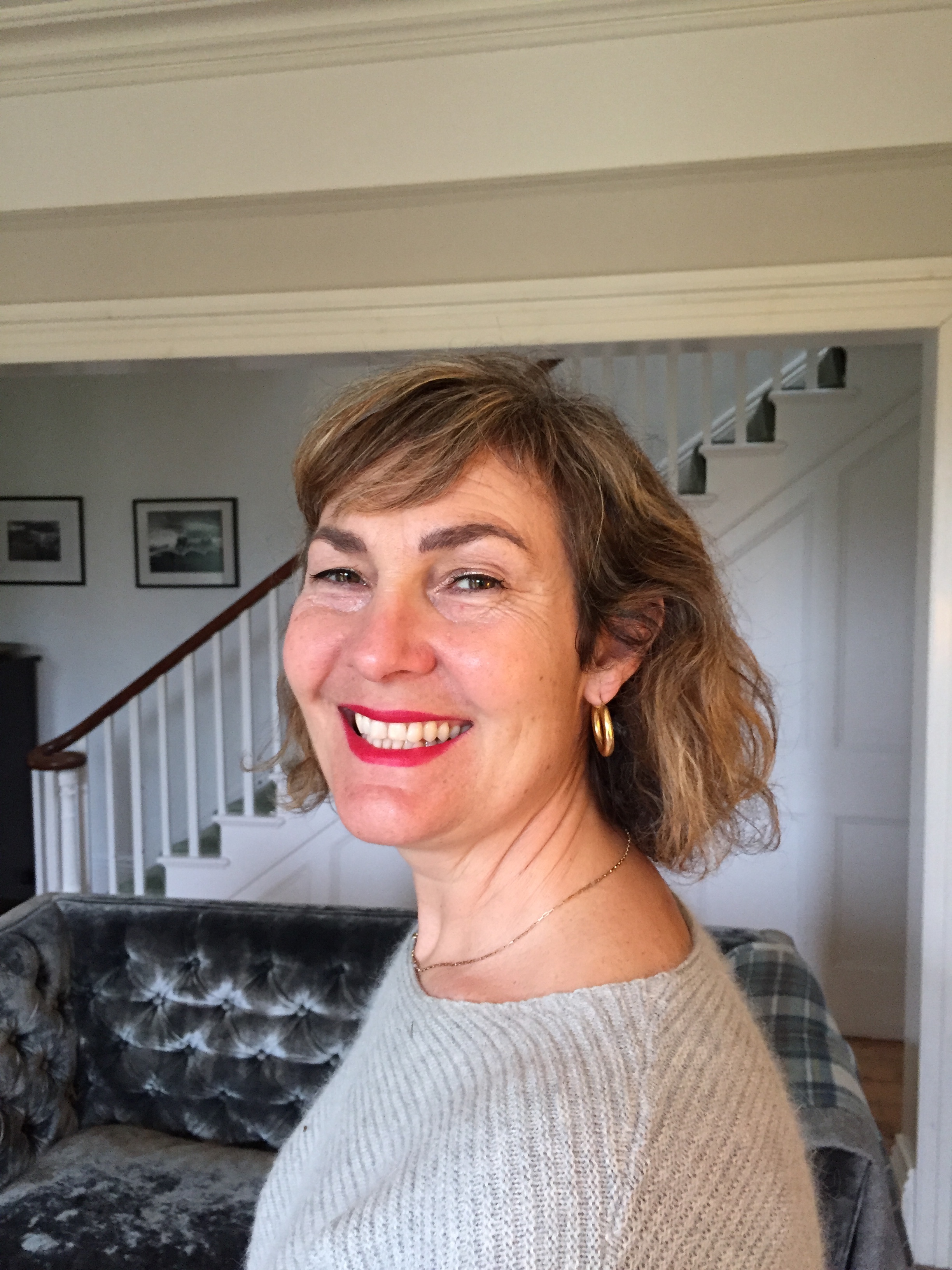Student assessment monitoring and moderation policy
Introduction
Assessment of our students forms an integral part of the teaching process, and as you progress through your course at CICM you will encounter a variety of assessments of your theoretical and practical knowledge, understanding and skills. Some of these skills are called Key Skills and are those which you may transfer from one professional situation to another throughout your working life.
Each module of the course is assessed. Some of these assessments are formalised and may come at the end of a unit of work or stage of the course, whilst others may be informal, as part of the classroom experience, and some may be ongoing, building up a record of your abilities, skills and characteristics as you develop towards becoming a confident, competent and committed practitioner of acupuncture.
We are committed to providing you with the opportunity to achieve a high level of success and satisfaction in your work and the quality of our educational support is a critical factor in enhancing your learning experiences.
As you read this document you may come across some terms with which you are not familiar.
Formative assessments take place throughout the course and are assessments which in-form the student’s further progress by providing her/him with feedback. These do not affect your final degree classification.
Summative assessments take place at the end of a unit or stage in the course and sum-up the student’s knowledge, understanding and skills at that stage. These marks are used to calculate your final degree mark.
Intentions
The intentions of our assessment policy are to:
- Enable the students to demonstrate what they know and understand and what skills they have acquired.
- Ensure that at each stage of the course the individual student has attained a level of knowledge, understanding and skill and the values and attitudes appropriate to the established standard in acupuncture education in this country.
- Act in the role of gatekeeper for entry into the acupuncture profession and to ensure that the professional standards of the acupuncture profession are maintained.
- Ensure that competence to practise at the point of registration is determined.
- Ensure that the degree standards are met.
- Ensure that detailed and objective information is recorded about each student’s progress, including samples of the student’s work.
- Ensure that an individual student’s progress can be reported on at any time and that each student is aware of his or her progress at all stages of the course.
- Ensure that students failing to make adequate progress through the course are identified and remedial measures taken and to identify any students inappropriately placed on the course.
- Enable self-evaluation to be widely used and encouraged throughout the course to lay the foundations for reflective practice after graduation.
- Measure the effectiveness with which the College curriculum is delivered and to contribute to curriculum planning by highlighting the strengths and weaknesses of the teaching and learning on the course.
Assessment procedures
The College aims to ensure that a variety of assessment and evaluation procedures are used and that all marking and grading of formal assessments is carried out in a fair and consistent way. This is achieved by:
- Publishing the criteria by which each formal assessment is marked and graded. This includes criteria for written examinations, performance criteria for practical examinations, and criteria for grading all coursework. Students are given copies of all such criteria well in advance of the assessment in question. A copy of the course assessment calendar is made available to each student so that the various assessment points in the course are clear from the beginning of the student’s course of study. The dates of all coursework assessments and written and practical examinations are fixed and must be adhered to.
- Establishing clear written performance criteria and marking schemes for all those involved in marking and grading formal assessments. Exam papers and coursework assignments are sent to all markers for their comments and suggestions in advance of the assessment in question. External examiners receive copies of all assignment specifications and exam papers in time for any comments and suggestions to be acted on before the assessment takes place.
- Using external examiners to ensure that the system of marking and moderation is fair, that coursework and examinations and the marking thereof meet established professional and academic standards and that the assessments set meet the criteria and learning outcomes of the course.
- Using a system of internal moderation for all formal assessments.
- Ensuring the anonymity of candidates in all written examinations and most assessments by use of candidate numbers.
- Ensuring that all assessments are conducted in such a way as to facilitate the student’s performance and minimize anxiety. To this end the College aims to provide a comfortable, well-spaced and quiet environment, free from disruptions for all practical and written examinations.
Forms of assessment
Self-assessment tests
These are short tests with accompanying self-marking sheet to give the students feedback on their knowledge and understanding of the material taught as they progress through the course. The tests and marking sheets are posted on Canvas to use for self-assessment purposes.
Theory exams
These are formal assessments taking place mid-way through the first year (anatomy) and then at the end of the first and second years and at the end of the first four months of the clinical programme. They test the student’s knowledge and understanding of the material taught and the ability to apply it to case studies. These assessments are largely summative in that they assess the student’s level of attainment at that particular stage in the course and identify which students have achieved a standard which permits them to progress to the next stage of the course.
Practical Assessments
Practical assessments include assessments of anatomy, point location skills, pulse and tongue diagnosis, needling, cupping, use of moxa, blood pressure reading, clinical skills such as joint examination, abdominal examination and palpation, and rapport-making skills. Point location skills and pulse and tongue diagnosis are formally assessed at the end of both the first and second years with a practical competency test in the third year prior to the clinical phase of the course.
These assessments are largely summative, assessing the student’s level of attainment at that particular stage of the course and identifying which students have achieved a standard, which permits them to progress to the next stage of the course. There are additional formal assessments of rapport-making skills, needling, use of moxa, cupping and blood pressure reading in both second and third years of the course. Clinical skills are assessed in the clinical year. These assessments are both formative and summative, assessing the student’s level of attainment, identifying which students have achieved a standard which permits them to progress to the next stage of the course, and identifying any cases where remedial work may be required.
Coursework
All programmes, aside from point location, involve assessed coursework. Coursework consists of a variety of prescribed assignments which must be completed in the student’s own time. The coursework required for each programme and level is set out below.
Clinical assessment
There is continuous formative assessment in the clinic in all area of diagnosis, treatment strategy and planning, treatment techniques, rapport-making skills, patient management skills, record keeping and practice management. Summative assessment of diagnostic skills, treatment planning skills, and treatment techniques takes place twice in the course of the clinical part of the course.
All assessments at the College are currently criterion-referenced rather than norm-referenced
Marking criteria
Coursework
Marked coursework is internally moderated at the College to ensure consistency and fairness in the awarding of marks. Students are given detailed written criteria indicating what is expected of them in each coursework assignment and how the assignment will be marked. Markers are provided with detailed marking criteria enabling them to distinguish the standard expected for a pass and for awarding marks.
The purpose of coursework is to reinforce and extend work done in class, to develop the student’s diagnostic skills through practice, to encourage research and the use of reference materials.
Markers give detailed written individual feedback to each student on areas in which they are already doing well and those aspects of the work in which improvements can be made. Specific suggestions for improvements are made wherever possible. There is also a general feedback sheet for the whole class which enables the marker to ensure that everyone can benefit from suggestions for improvement and areas in which students have performed particularly well.
Samples of coursework are available on Canvas and students can refer to these for examples of coursework of a high standard.
Coursework is marked and returned to the students within four weeks to ensure that constructive feedback and suggestions for improvement can be incorporated in future pieces of coursework.
If coursework is not submitted it will be classified as a fail and given no marks. If an item of coursework is not completed by the due date, penalties will be imposed for late submission. In exceptional extenuating circumstances where coursework is not submitted by the appointed time an authorized extension of up to five working days may be agreed between the Academic Director or appointed person and the student.
Practical assessments
Written criteria are provided to both students and examiners for all formal practical assessments.
The criteria used for awarding marks in anatomy, point location, pulse and tongue, and needle assessments are given in writing to all students well in advance of the relevant assessments.
Written criteria for the examiners are sent out well in advance of the formal assessment involved and all examiners have the opportunity to comment on the paper set and the marking criteria and to make suggestions for amendments or alterations.
There is internal moderation of the marking in all formal practical assessments.
Students are informed of the results of formal practical assessments at the end of the College session on which the assessment takes place.
Written examinations
Written examinations are held midway through the first year (anatomy) and at the end of first and second years and at the end of the first four months of the clinical phase of the course. Students are given written guidance on the knowledge, understanding and skills they will need to pass the examinations and will have been acquainted with the types of questions asked in self-assessment tests and in case history coursework assignments.
Written examinations are internally moderated and reviewed by external examiners.
Evaluations are carried out on formal practical assessments and written examinations.
The purpose of the evaluation is to compare standards with previous years, to highlight specific areas in which students are performing well or less well, to report on the external examiners’ feedback and highlight changes which may need to be considered in the light of the external examiners’ comments, and to highlight areas in which the delivery of the curriculum may need to be reviewed.
The Module and Programme Board meets to ratify the exam results, discuss any students who have failed, and decide which students will be offered re-sits and which will be asked to repeat part of the course and undertake remedial work. In making this decision all aspects of the student’s performance and attitude over their time at the College will be taken into consideration and any special or mitigating circumstances will be taken into account.
Students will be informed of the date on which examination results will be published before the examinations take place. They will also be informed of the re-sit date before the initial examination is held.
All results will be sent to the students in writing and at the end of each year the student is sent an official report giving the marks and grades awarded in assessments for the year.
Internal Moderation at CICM
Examinations
Written exams:
In written exams the moderator randomly selects a small sample of scripts (4 or 5 from a cohort of 28-32) and double-marks these before any discussion with the marker(s). There is then an initial comparison with the marker(s) to establish the degree of consistency between marker and moderator and to iron out any marking issues.
Moderation of the whole batch of papers includes double marking of any fails, and a detailed review of the lowest and highest marks, papers with marks at grade boundaries and samples from within each grade.
The moderator discusses any proposed changes with the marker(s) and produces a written report on the moderation and the final decisions.
Practical exams:
A moderator attends all practical exams (point location, needling, cupping, moxa, five element skills). Each examiner is moderated at least once by the moderator double marking the candidate being examined. Any discrepancies between marker and moderator are discussed and an agreed mark decided.
The moderator produces a written report on the moderation and the final decisions.
Coursework:
Each batch of written coursework is moderated. Moderation includes double marking of any fails, a detailed review of the highest and lowest marks, papers at grade boundaries and samples from within each grade.
The moderator discusses any proposed changes with the marker and produces a written report on the moderation and the final decisions.
In addition to individual written feedback the marker and moderator draw up general feedback for the whole group aimed at informing future assignments.
Dissertations:
Dissertations are double blind marked and if the marks are not in close agreement then a third marker is asked to mark it. An agreement is then reached.
PASS MARK
The university pass mark for all coursework and examinations is 40%. For some examinations (Level 4 and 5 point location and Level 4 anatomy practical and theory) the College considers that a minimum score of 70% is necessary to ensure that the student has the knowledge and skill to needle patients safely in the clinical phase of the course. For these examinations a conversion scale is used whereby 70% equates to the university pass mark of 40%.
Re-sits and deferrals
If a student fails a ‘must pass’ assessment or a module, he/she may be offered the opportunity to re-sit. If the re-sit is passed the student may continue to progress through the course with his/her year group. If the student fails the re-sit he/she will have the opportunity to defer and do one first take and one re-sit with the following group.
If the re-sit is passed on the 2nd attempt, the whole module will be capped at 40%. Also, if the re-sit is passed on deferral, again the whole module will be capped at 40%.
Who to contact about assessment queries
Assignment Specifications and Exam Information
If you have a question about a specification you have been given for an assignment please contact the person named as “main contact” for that piece of work on your assessment timetable.
Marked Coursework
If you have a query about feedback given on marked coursework please contact the staff member who marked the work.
Extensions and Mitigating Circumstances
If you have grounds for applying for an extension on a coursework assignment or wish to offer
evidence of mitigating circumstances which may prevent you from attending an examination please contact Susannah Fone in the first instance sfone@cicm.org.uk.
General Assessment Queries
For general assessment queries or where any of the above avenues fail to produce a response, please contact Susannah Fone (Academic Director) sfone@cicm.org.uk
Marking queries
If a student wishes to query the marking of an assignment or an exam then s/he should approach the marker in the first instance and then contact the moderator if s/he is still not satisfied. If this does not resolve the problem the s/he should contact the Academic Director who will investigate the issue. If the result of this is not satisfactory for the student then they will need to make an appeal to Kingston University following the instructions given in AR8 (Academic appeals ) which can be found in the appendix.
Credit accumulation and degree classification
Assessment rules and Honours classification
- Minimum pass mark is 40% for each module of study.
- To qualify for the award of Honours Degree students must complete all the course requirements.
- The marks from Level 5 and 6 assessments only will contribute to the final classification of the degree.
- To progress from first to second year, students must achieve a pass in all Level 4 modules and must achieve a pass in the anatomy practical and theory exams, the Level 4 Point Location practical exam and in the Level 4 written theory exam.
- The marks for each module of study are based on an aggregate of marks from the coursework and examinations which form part of that module weighted according to the percentage of marks allocated to the individual assessments.
- To graduate with a third class honours degree a student must achieve a pass in all Level 5 and Level 6 modules.
- If a ‘must-pass’ assessment is not passed at first attempt, the whole module will be capped at 40%.
Summary of marks and their interpretation for honours degree classification
Marks Classification
70 – 100% Marks represent first class performance
60 – 69% Marks represent upper second class performance
50 – 59% Marks represent lower second class performance
40 – 49% Marks represent third class performance
30 – 39% Marks represent marginal fail performance
0 – 29% Marks represent fail performance
Indicative Module Assessment Map
| Module | Coursework | Examination | ||||||||||
| Level | Module Name | Module code | Credit value | Core/option | Type of coursework | Word Length | Weighting % | Summative/Formative | Written/practical | Duration | Weighting% | Summative/Formative |
| 4 | Chinese Medicine 1 | AC4104 | 30 | Core | Essay | 1500 | 25% | S | Written (formal) | 2 hours | 75% | S |
| 4 | Introduction to Professional practice | AC4204 | 30 | Core | 1.CMS Case History 2. Clinical observations journal 3. Critical Incident analysis | 1500 N/A 1300 | 30% 70% | S S F | ||||
| 4 | Points and Anatomy | AC4304 | 30 | Core | Practical Point Location exam Anatomy practical exam Anatomy written exam | 2.5 hours 30 mins 1 hour | 50% 25% 25% | S S S | ||||
| 4 | Acupuncture Skills and techniques | AC4404 | 30 | Core | Written Skills Exam Practical Skills exam | 30 mins | 50% 50% | S S | ||||
| 5 | Chinese Medicine 2 | AC5505 | 30 | Core | Case History Analysis 1 Case History Analysis 2 Case History Analysis 3 Clinical Observations Journal | n/a 2,750 5,500 N/A | 0 0 35% 35% | F F S S | Written exam | 3 hours | 30% | S |
| 5 | Integrating Theory and Practice 1 | AC5605 | 30 | Core | Audit CMS Case History 1 CMS Case History 2 | 2,500-4,500 2,500 2,500 | 35% 30% 35% | S S S | ||||
| 5 | Professional Practice 2 | AC5705 | 30 | Core | FTD1 FTD 2 | 4,000 -6,500 4,000 -6,500 | 50% 50% | S S | ||||
| 5 | Points and Skills | AC5805 | 30 | Core | Point Location practical exam Five Element Skills practical exam | 70% 30% | S S | |||||
| 6 | Research and Reflective Practice | AC6906 | 30 | Core | Dissertation Proposal Dissertation Clinical Obs Journal | 2,500 10,000 N/A | 5% 80% 15% | S S S | ||||
| 6 | Integrating theory and Practice 2 | AC6106 | 30 | Core | Synoptic CMS/Ch Med Case History FTD3 Setting up in Practice Project | 4,000 4,000-7,000 4,500-8,000 | 40% 30% 30% | S S S | Skills and techniques practical competency assessment | Compulsory F | ||
| 6 | Clinical Practice | AC6116 | 30 | Core | Oral Presentation Reflective clinical journal | 5,000-7,500 | 10% 60% | S S | Final Clinical exam-- written | 30% | S | |
| 6 | Developing Professional Practice | AC6126 | 30 | Core | Reflections on practitioner development Extended Clinical Case | 3,000 -4,000 6,000-8,000 | 45% 35% | S S | Warning Features written | 20% | S S | |

